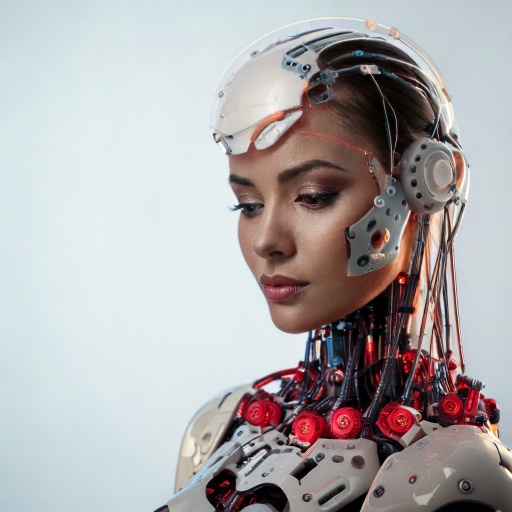Smart Kitchens, Smarter Future: How AI and Robotics Are Transforming the Way We Cook

The culinary landscape is undergoing a profound transformation as artificial intelligence (AI) and robotics revolutionize kitchens worldwide. From compact cooking robots to voice-activated AI agents, these innovations are reshaping how we prepare and experience food.
Addressing Labor Shortages with AI Employees
In response to labor shortages, particularly in Asia, restaurants are turning to AI employees to maintain service quality. For instance, TechMagic Inc.'s compact cooking robots are now deployed across all 545 outlets of Gyoza no Ohsho, a major Chinese restaurant chain. Similarly, the Japan Ready-made Meal Association is integrating cooking robots to meet the growing demand for small-lot, multi-variety production. These AI-driven solutions not only alleviate staffing challenges but also ensure consistent food quality and efficiency.
Enhancing Sustainability through Smart Kitchens
Smart kitchens are also contributing to environmental sustainability. Energy-efficient appliances, such as water-saving dishwashers and AI-driven waste management systems, are reducing the environmental footprint of food preparation. By 2030, energy-efficient kitchen appliances are expected to cut household energy consumption by 15 percent, leading to significant cost savings globally. Asia is at the forefront of this movement, with Singapore approving lab-grown meat for commercial sale and urban centers in South Korea and China integrating hydroponic and vertical farming technologies into smart kitchens.

Overcoming Challenges to Widespread Adoption
Despite the promising advancements, several challenges hinder the widespread adoption of smart kitchens. The high cost of fully automated kitchen setups, averaging over $20,000, makes them inaccessible for many households. Additionally, older buildings, particularly in Europe and Asia, lack the necessary electrical infrastructure to support a fully connected kitchen ecosystem. Addressing these barriers is crucial for the broader implementation of smart kitchen technologies.
The Future of Cooking: Augmenting Human Creativity
The ultimate goal of smart kitchens is not to replace human chefs but to augment their creativity with technology. Whether it's a robot wok expertly executing a stir-fry or an AI nutritionist helping families plan healthier meals, smart kitchens are redefining the way we engage with food. As technology continues to evolve, the kitchen is becoming a space where tradition meets innovation, ensuring that good food remains at the heart of it all.
Key Highlights:
- AI Employees in Restaurants:
- TechMagic Inc.’s compact cooking robots deployed across 545 outlets of Gyoza no Ohsho (China).
- Japan Ready-made Meal Association using cooking robots for small-lot, multi-variety production.
- AI-driven solutions tackle labor shortages and improve food consistency.
- Voice AI Agents and Smart Kitchen Technology:
- Voice-activated AI agents enhance kitchen efficiency and user experience.
- AI nutritionists help plan healthier meals.
- Sustainability and Energy Efficiency:
- Energy-efficient kitchen appliances reduce household energy consumption by an expected 15% by 2030.
- Water-saving dishwashers and AI waste management contribute to lowering environmental impact.
- Lab-grown meat approved in Singapore; urban farms integrated into smart kitchens in South Korea and China.
- Challenges to Adoption:
- High cost of fully automated kitchens (over $20,000) limits accessibility.
- Older buildings lack electrical infrastructure for smart kitchen integration.
- Future Outlook:
- Smart kitchens aim to augment human creativity, not replace chefs.
- Combination of robotics and AI is creating a new culinary experience blending tradition and innovation.
Reference:


